Buddhist Art: Form & Meaning
Both spatially and temporally, the scope of this book, is expansive. Spatially, the essays cover a vast swathe of Asia stretching from Mathura in India to Thailand in Southeast Asia, including the Himalayan region. Temporally, the period covered is over a millennium from the 1st century BCE to the 10th century CE. Conceptually, the essays cover issues of iconology and styles of Buddhist art, offer new insights and interpretations of both symbols and images, and explain the interrelationships of Buddhist art and literary traditions of the subcontinent, the Himalaya, and Southeast Asia. The first essay is a radical interpretation of the peculiar manner of depicting the Buddha's hair, the significance of the shaven heads of monks, and of the ushnisha in the context of Vedic regal symbolism. Two related essays discuss the early Buddhist narrative art of Mathura when the devotion of the Buddhists was focused on physical emblems associated with the Buddha’s life rather than his human representations. The next group of articlese is devoted to the interaction of the Buddhist arts of the countries of South and Southeast Asia. Taking a rare stone image of the Naga-protected Buddha from the Dvaravati period in Thailand as a point of departure, the first essay deals with the issue of transmission of iconographic ideas and motifs between India, Sri Lanka, and Thailand. This is followed by another scholar’s insights on the same Naga-protected Buddha. A third essay brings to light evidence for the familiarity of the famous Buddhist text Karandavyuha sutra in Thailand and its import for the cult of the Bodhisattva Avalokiteshvara. The final chapters are devoted to the Buddhist art of India and Tibet and their interrelationship. The first makes an important methodological contribution by discussing the manner in which ornaments are depicted in the Buddhist art of the Pala period in eastern India (8th-11th century) and how thereafter portraits in Tibet interpreted these elements. Another essay concentrates on a little-known school of painting that flourished in 16th-century Ladakh, now a part of the Indian state of Jammu and Kashmir. The volume concludes with a photo essay that brilliantly portrays the spectacular landscape and Buddhist art of the western Himalaya.
Get it now and save 10%
BECOME A MEMBER

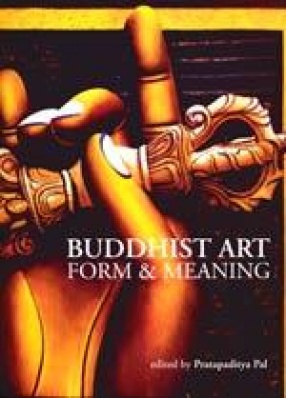

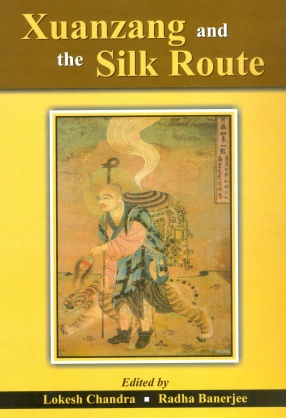
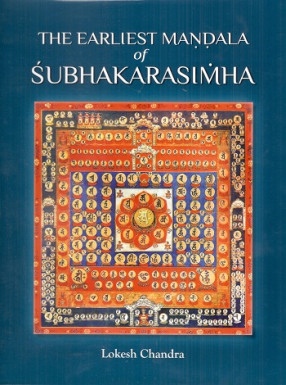
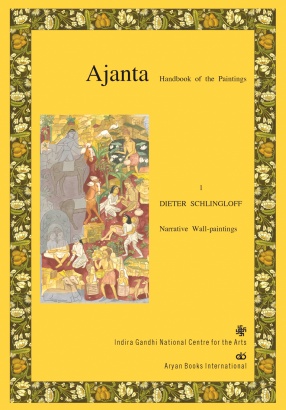
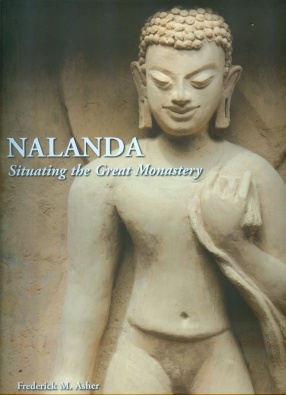

Bibliographic information